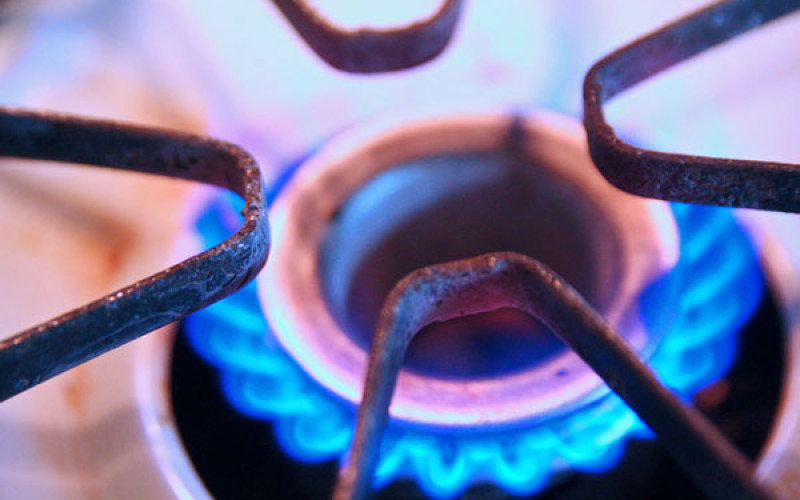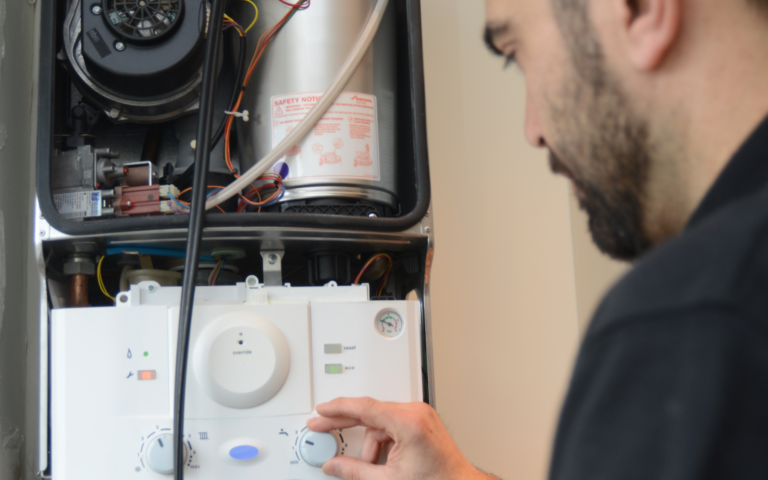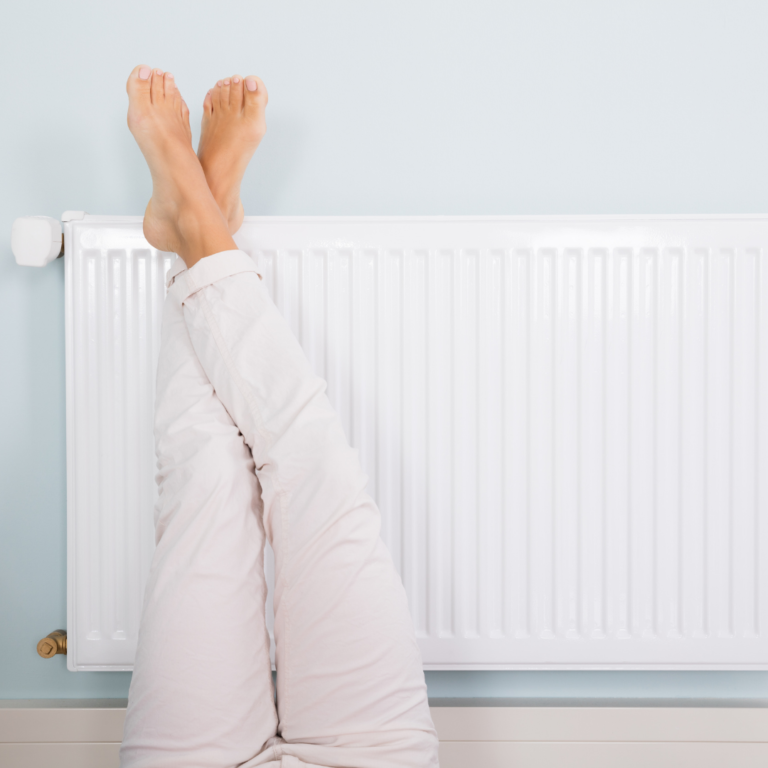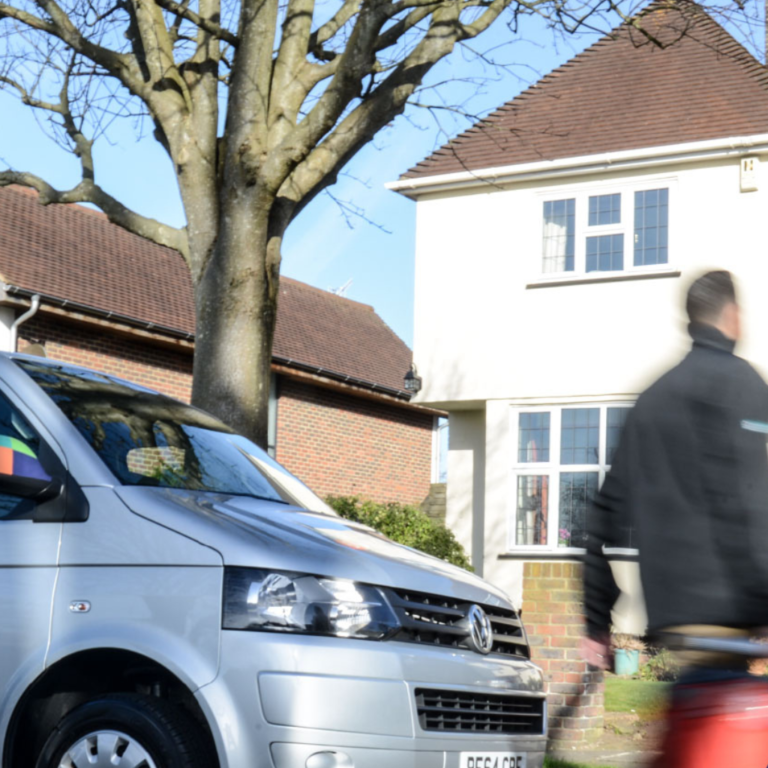Did you know that in the UK, every year over 200 people visit hospitals with suspected Carbon Monoxide poisoning, which tragically leads to around 40 deaths? That’s 40 deaths that could have been prevented if we all took a little more time to consider gas safety in our homes. Heatfinders are experts in gas safety and heating systems, and as the temperature drops outside and boilers are set to ignite, we thought it was important to make you aware of our top gas safety tips to keep you safe this winter.
1. Get Your Appliances Checked Regularly
First and foremost, once a year, it is highly recommended that you have all your gas appliances checked. Book an annual boiler service with Heatfinders and not only will you sleep easy knowing that your home is gas safe, you could potentially save money on your energy bills and reduce your CO2 emissions if we spot a fault!
2. Check Your Engineer is Gas Safe Registered
At Heatfinders, we offer you complete peace of mind. All our engineers are Gas Safe Registered, which means we are qualified to work safely and legally on gas appliances. This is a standard set by the official gas registration body, the Gas Safe Register.
3. Check The Warning Signs
If your boiler is glowing a lazy yellow flame instead of a crisp blue one, your pilot lights go out frequently, you notice too much condensation in the room or your gas appliances have black marks or stains on or around them, it could be a sign something isn’t working as it should. But remember an unsafe appliances can sometimes show none of these signs at all, which is why it’s even more important to get them checked regularly.
4. Ventilation
All gas supplies need an adequate supply of air to help complete the combustion process of gas aswell as an efficient flue system to remove harmful combustion products like carbon monoxide. You should never block gas ventilations as this could lead to potentially fatal consequences.
5. Use Your Appliances For It’s Primary Purpose
If your kitchen has a gas oven, do not use your oven as a means to heat your household when the weather gets cold and never attempt to use a gas barbeque inside. This is extremely dangerous!
6. Carbon Monoxide Detector
Invest in a good quality carbon monoxide detector for your home and locate it near to gas appliances. This will trigger an alarm should you experience a Carbon Monoxide leak. Carbon Monoxide has no smell, no taste and no colour, so a detector is the only was to alert you of the danger.
7. Know The Symptoms Of Carbon Monoxide Poisoning
The symptoms of Carbon Monoxide poisoning can include:
- Headaches
- Dizziness
- Nausea
- Breathlessness
- Loss of Consciousness
- Symptoms that disappear when you leave your house but return when you arrive home
- Other people and animals experiencing the same problems at the same time
8. Know What Actions To Take If You Suspect Carbon Monoxide Poisoning
- Get fresh air immediately and ventilate your house by opening all doors and windows
- Turn off any gas appliances and turn off the gas at the meter
- Extinguish naked flames
- Leave the house as soon as possible
- See your doctor or go to hospital immediately and make sure you report suspected carbon monoxide poisoning
- Call the Gas Emergency Helpline on 0800 111 999 if you are concerned about danger to your home or neighbourhood




